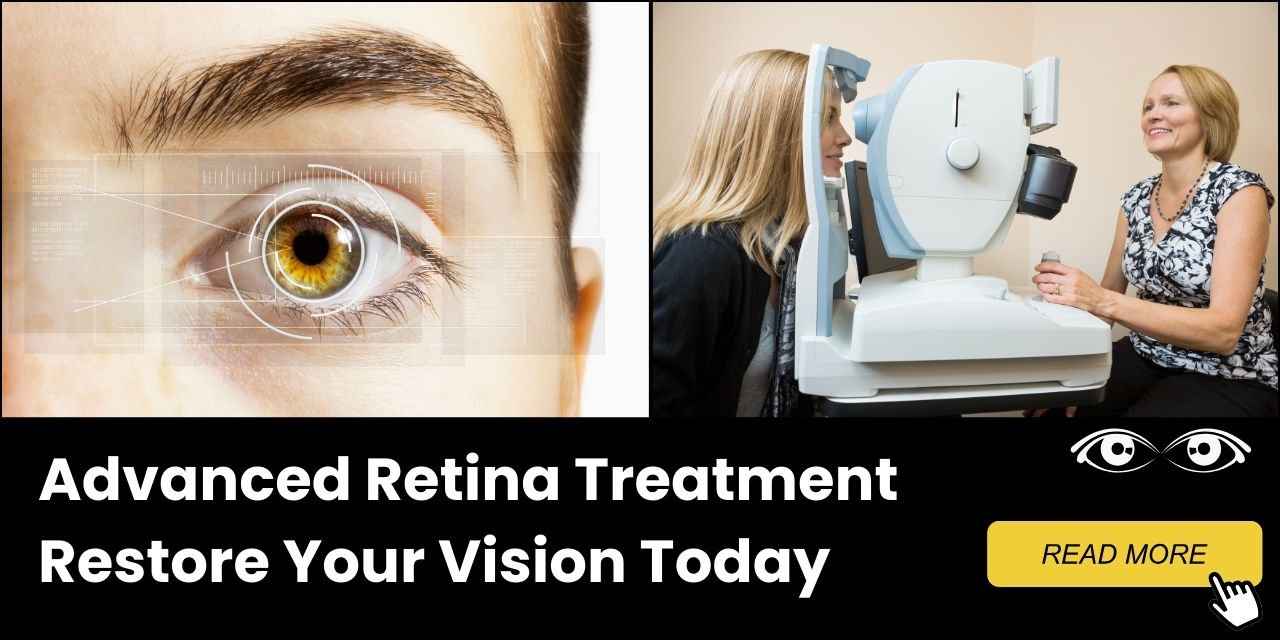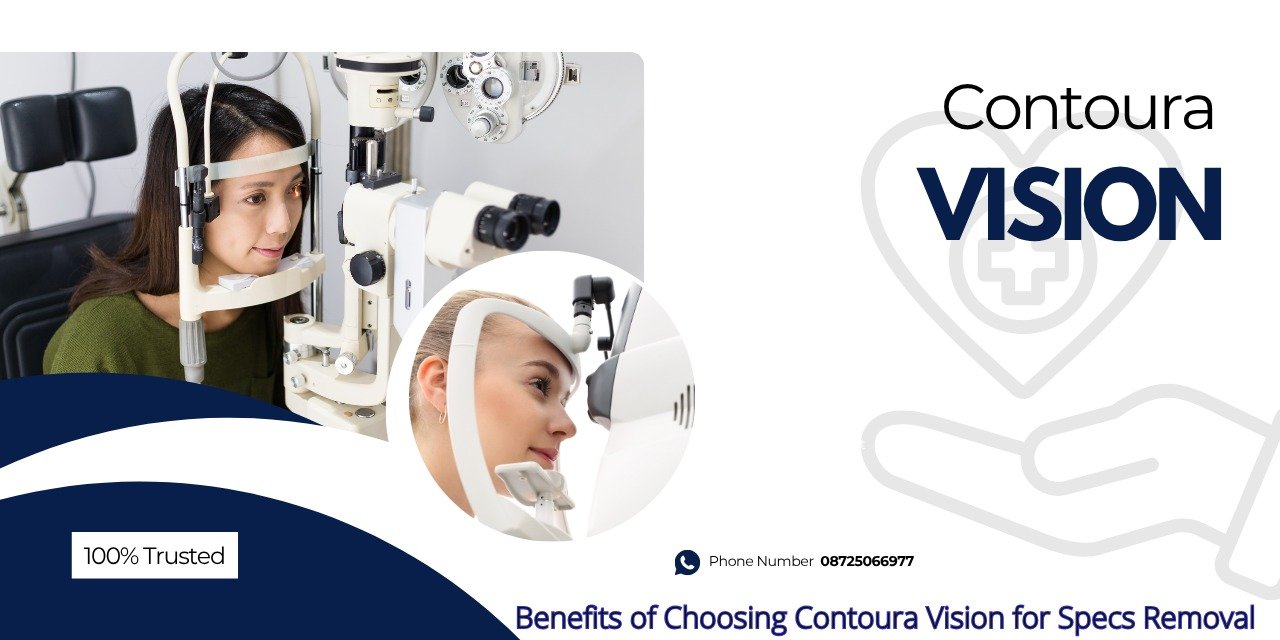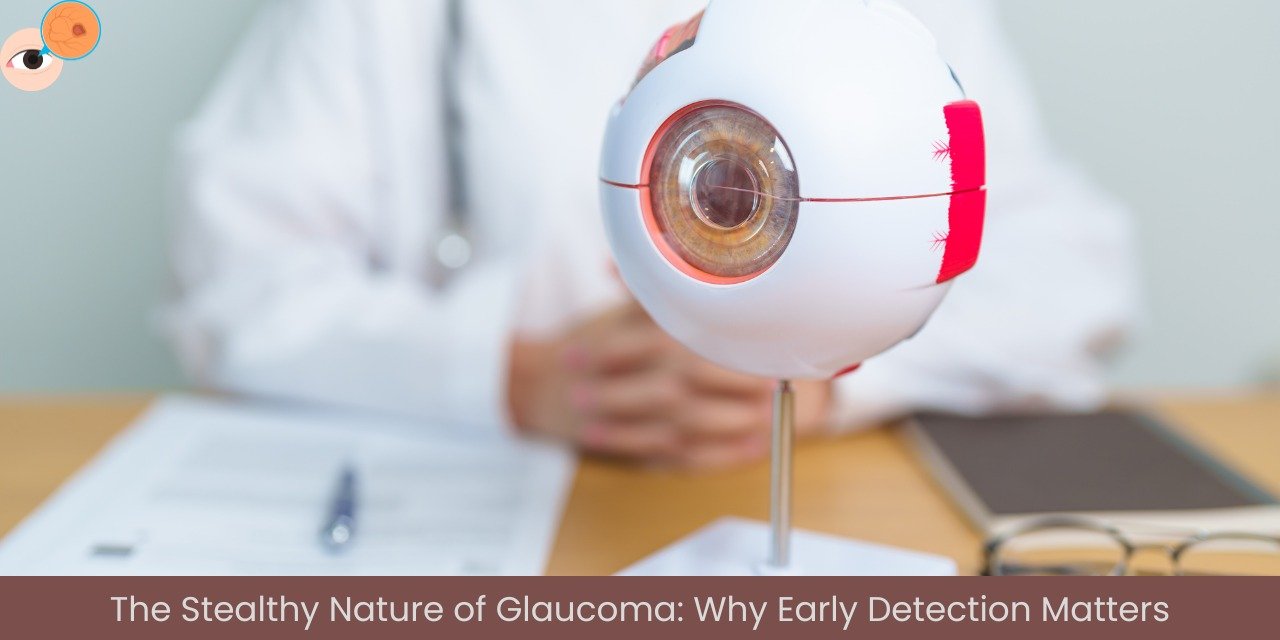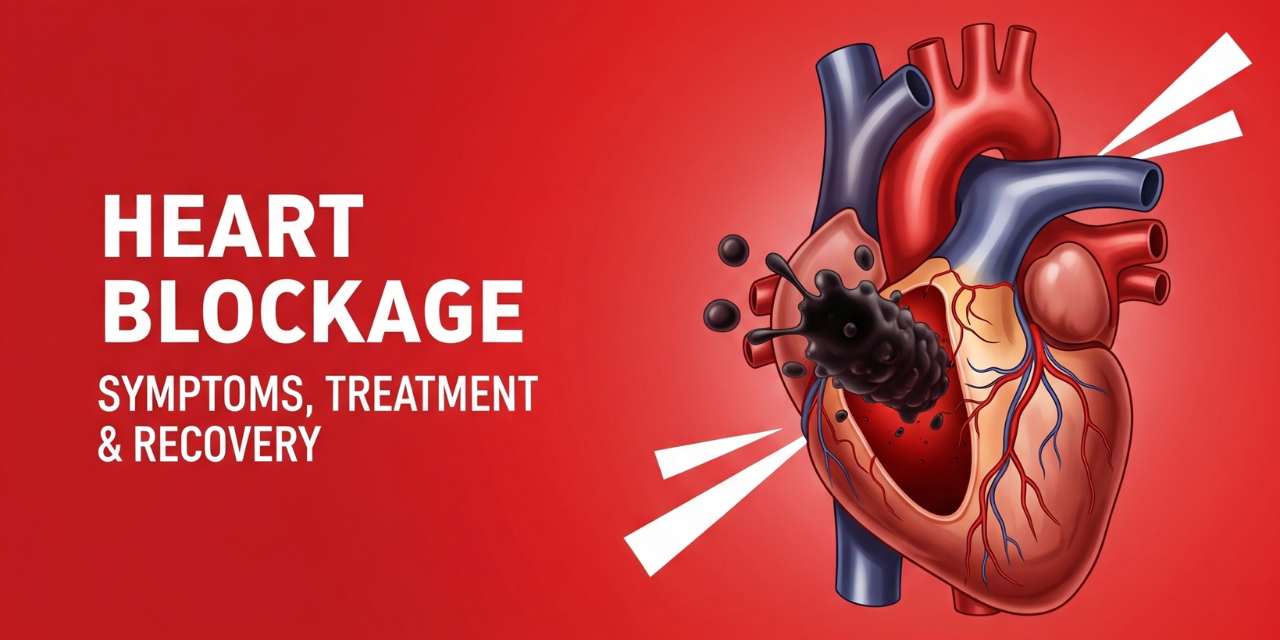Maintaining optimal vision is crucial for overall quality of life, and the retina plays a pivotal role in our visual perception. The retina, a thin layer of tissue at the back of the eye, is responsible for converting light into neural signals that the brain interprets as images. When the retina becomes damaged or diseased, it can lead to significant vision loss or even blindness. Fortunately, advancements in retinal treatments have made it possible to prevent or manage vision loss effectively. This article explores how various retina treatments can safeguard your vision and maintain retinal health.
Understanding Retinal Diseases
To appreciate how treatments can prevent vision loss, it’s important to first understand common retinal diseases that threaten vision:
- Age-Related Macular Degeneration (AMD): A leading cause of vision loss in older adults, AMD affects the macula, the central part of the retina responsible for sharp, detailed vision.
- Diabetic Retinopathy: This condition arises from diabetes and leads to damage of the blood vessels in the retina, which can cause vision impairment.
- Retinal Detachment: This serious condition occurs when the retina separates from the underlying tissue, risking permanent vision loss if not promptly treated.
- Retinitis Pigmentosa: A group of genetic disorders causing progressive degeneration of the retina, leading to vision loss over time.
Key Treatments for Retinal Diseases
1. Anti-VEGF Therapy
Anti-VEGF (Vascular Endothelial Growth Factor) therapy is a groundbreaking treatment primarily used for AMD and diabetic retinopathy. VEGF is a protein that promotes abnormal blood vessel growth in the retina. Anti-VEGF medications inhibit this protein, reducing the growth of these problematic vessels and decreasing fluid leakage. Regular injections into the eye can help stabilize vision and prevent further deterioration.
2. Laser Therapy
Laser treatment is used to target and repair damaged retinal areas. For diabetic retinopathy, laser photocoagulation helps to seal leaking blood vessels and reduce swelling. In cases of retinal detachment, laser surgery can help reattach the retina by creating scar tissue that “glues” the retina back in place. Laser therapy is often an effective method for controlling retinal conditions and preserving vision.
3. Corticosteroid Therapy
Corticosteroids are powerful anti-inflammatory medications that can reduce swelling and inflammation in the retina. This treatment is particularly useful for conditions like diabetic macular edema, where the macula becomes swollen due to leakage from blood vessels. Corticosteroids can be administered as injections into the eye or as implantable devices that slowly release medication over time.
4. Vitrectomy
Vitrectomy is a surgical procedure involving the removal of the vitreous gel from the eye to address problems such as retinal detachment, vitreous hemorrhage, or severe diabetic retinopathy. By removing the vitreous, surgeons can repair retinal tears or detachments and remove blood or scar tissue that might obstruct vision. Vitrectomy can be highly effective in restoring vision when performed promptly.
5. Retinal Transplant and Gene Therapy
Though still under development, retinal transplant and gene therapy hold promise for treating degenerative retinal diseases like retinitis pigmentosa. Retinal transplant involves replacing damaged retinal tissue with healthy donor tissue, while gene therapy aims to correct genetic defects responsible for retinal degeneration. Ongoing research and clinical trials continue to explore the potential of these innovative treatments.
Early Detection and Preventive Measures
Early detection of retinal diseases is crucial for effective treatment and prevention of vision loss. Regular eye exams, especially for individuals at higher risk (such as those with diabetes or a family history of retinal disorders), can lead to early diagnosis and timely intervention. Furthermore, maintaining a healthy lifestyle, managing chronic conditions, and protecting your eyes from UV damage can contribute to overall retinal health.
The Future of Retinal Treatments
Advancements in medical technology and research continue to enhance our ability to prevent and manage vision loss. Emerging therapies, improved imaging techniques, and innovative surgical methods are on the horizon, offering hope for those affected by retinal diseases. Staying informed about the latest developments and maintaining regular consultations with an eye specialist can ensure that you receive the best possible care.
Conclusion
Retina treatments are vital in preventing and managing vision loss caused by various retinal diseases. With advancements in therapies such as anti-VEGF injections, laser treatments, corticosteroid therapy, and surgical interventions, preserving vision has become increasingly attainable. Regular eye examinations and early detection remain essential for effective treatment and maintaining retinal health.
For the best eye treatment in Kharar and nearby Chandigarh and Mohali, Dr. Rohit P Gupta at Tricity Eye Hospital offers exceptional care and expertise in managing retinal conditions. Dr. Gupta’s extensive experience and commitment to utilising cutting-edge technologies ensure that patients receive top-notch treatment tailored to their needs. Prioritising your eye health by consulting with a specialist like Dr.Rohit P Gupta can significantly enhance your chances of preserving your vision and overall quality of life.To get more information please contact us on : +918968248767













